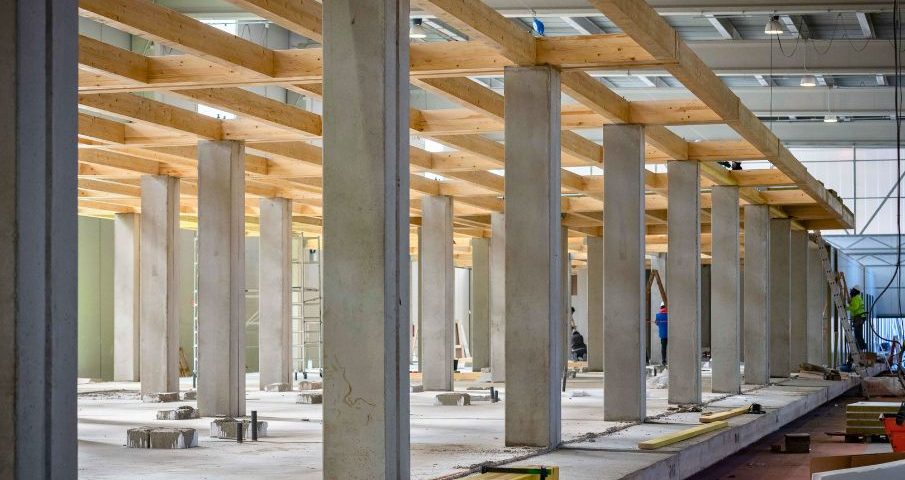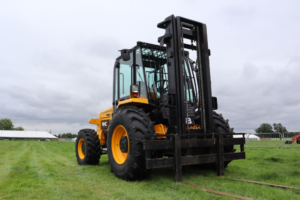
In the fast-paced world of construction, efficiency is everything. Project delays can lead to higher costs, dissatisfied clients, and missed opportunities – this is where modular construction has emerged as a powerful solution, offering speed, precision, and flexibility without compromising on quality. With advancements in equipment and logistics—often supported by trusted partners like Sventek Cranes—modular building techniques are transforming the way projects are delivered.
What is Modular Construction?
Modular construction involves fabricating sections of a building—known as modules—off-site in a controlled environment. These prefabricated components are then transported to the project site, where they are assembled to form a complete structure. Unlike traditional building methods, much of the work is carried out concurrently, dramatically reducing on-site activity and project duration.
Why Modular Construction Reduces Timelines
Parallel Processes
In traditional construction, each stage must typically be completed before the next begins. With modular methods, off-site fabrication can occur simultaneously with site preparation, cutting project timelines by weeks or even months.
Controlled Environment
Factories provide stable working conditions, free from weather-related delays that often slow traditional builds. This predictability means tighter schedules and faster delivery.
Streamlined Logistics
Since modules are built to precise specifications, fewer materials are wasted, and the risk of rework is reduced. With reliable lifting and transport solutions, modular components can be positioned quickly and efficiently once on-site.
Reduced On-Site Disruption
Faster assembly on location not only shortens project duration but also minimises disruption to surrounding communities, which is particularly beneficial in urban or high-traffic areas.
Applications of Modular Construction
From residential housing and schools to hospitals and commercial developments, modular methods are gaining traction across industries. In healthcare, for instance, the speed of delivery is critical, and modular solutions have proven essential in providing facilities within tight timeframes. Similarly, in commercial builds, businesses benefit from earlier occupancy and reduced downtime.
The Future of Modular Construction
As technology continues to advance, modular construction is expected to become even more efficient. Innovations in design, materials, and machinery are making it possible to deliver larger, more complex projects within record timeframes. Paired with skilled crane services and precise logistics, this approach will continue to reshape the construction industry.
Final Thoughts
For developers, contractors, and clients alike, modular construction offers a clear advantage when time is of the essence. By combining off-site precision with streamlined on-site assembly, it delivers projects faster without compromising on quality or safety. With the support of experienced partners, modular construction is proving to be one of the most effective ways to meet modern project demands.






